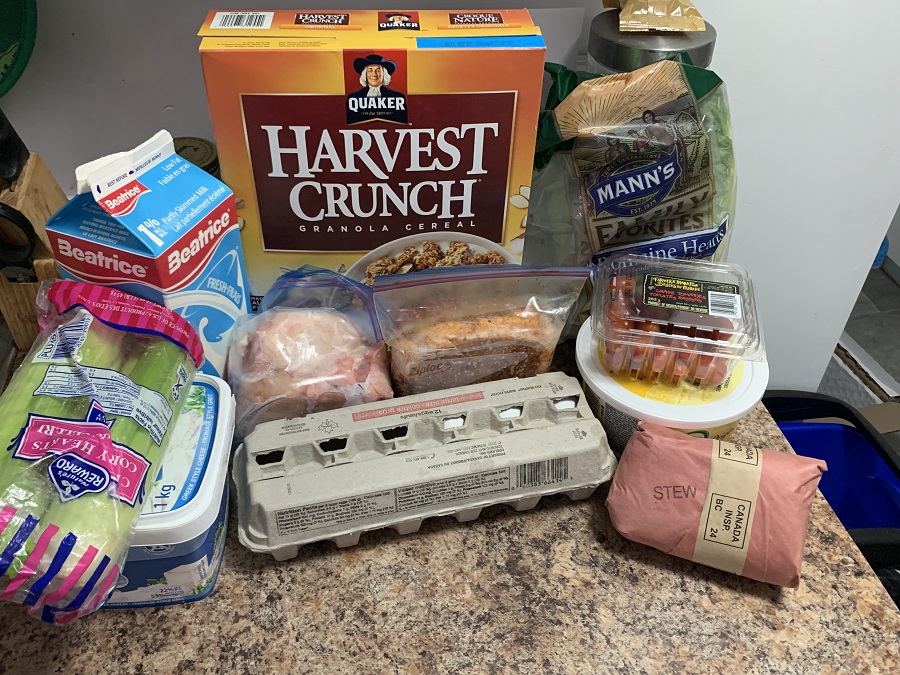An inflation rate of 5.7 per cent was released last week by Statistics Canada for the month of February, up from a 5.1 per cent gain in January.
The increase in February marked the second consecutive month inflation exceeded 5 per cent. February’s jump was the largest gain since August 1991.
As the inflation rate continues to rise so did the price of groceries for Canadians. Prices in grocery stores jumped 7.4 per cent in February.
In Kenora, the price jump at grocery stores has been seen, and for resident Terry McCool that has forced him and his wife to steer away from some items due to the price.
“Beef and even chicken going up so with the price of beef you just look for the sales if something comes on sale you buy it, and if it does not, go to more veggies and whatever is a little bit cheaper,” said McCool.
The price of beef had the biggest growth at 16.8 per cent and chicken a 10.4 per cent increase, which was higher year-over-year in February than in January.
These high prices have made Kenora resident Dolores Carlson to look a little closer at the cost in stores, compared to a few months ago.
“It does make me stop, It does slow me down a bit when I’m shopping,” said Carlson. “I read all the fliers, I make sure I know what I’m buying is hopefully the best possible price.”
Carlson did share some worries she had about how these price increases could impact families in the area.
“I worry about our children and our grandchildren cause it costs them more now when you have a family of four or five.”
Carlson like McCool is staying away from buying beef due to the current high price and will proceed to eat more fish this summer if meat prices don’t come down.
Dairy products and eggs also were impacted by the inflation rate jump, increasing by 6.9 per cent in February.
A survey released by the Ledger poll showed that many Canadians are going to try and find ways to cut back on spending following the inflation rate increase.
Of the 1,515 Canadians that took the poll 86 per cent said they would reduce food waste to stretch their dollar. 83 per cent of Canadians will try and buy less expensive items at the grocery store, 76 per cent will spend less on household items, and 75 per cent will try to eat out less.
